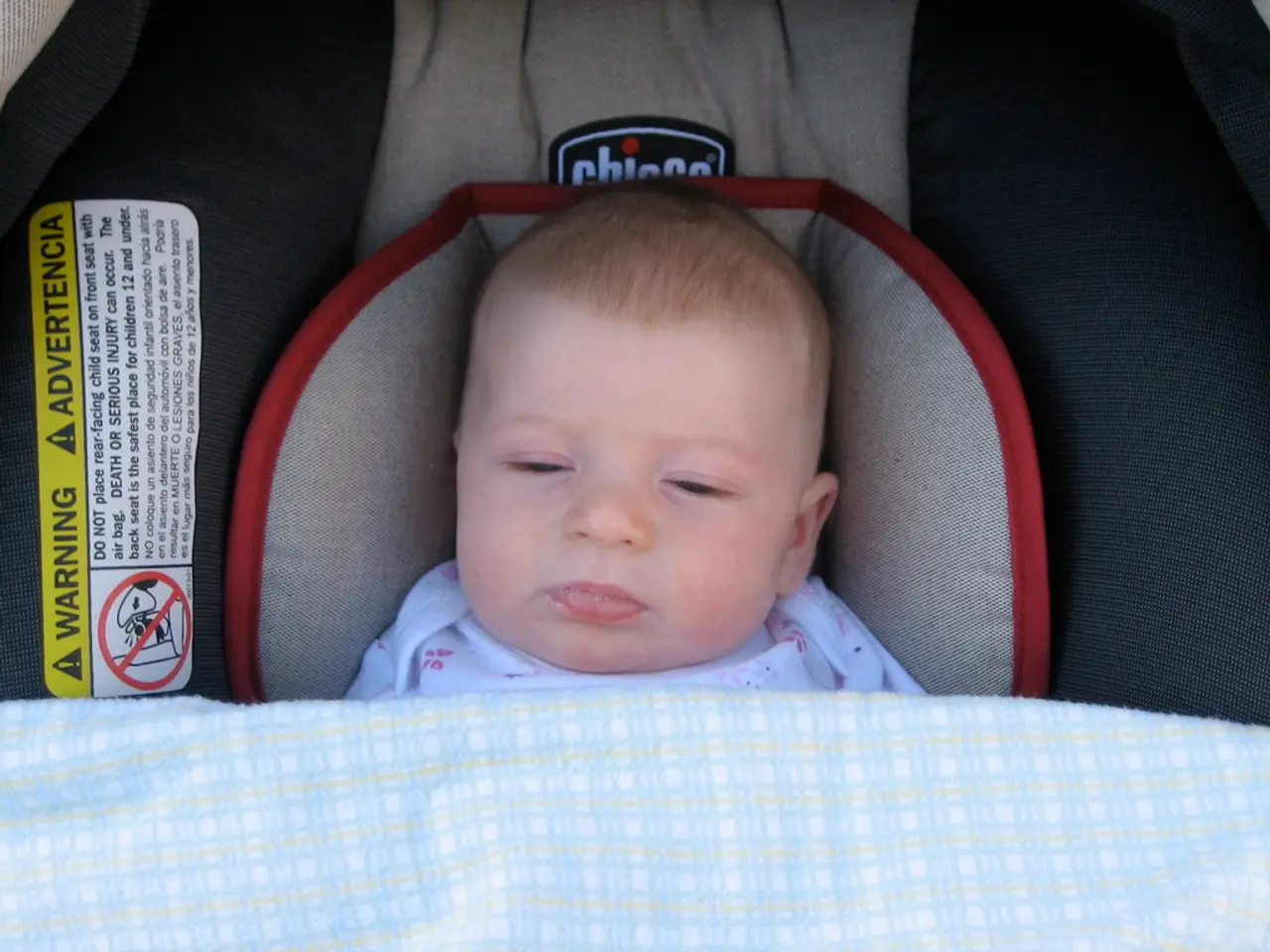Vote on the administration of hepatitis B vaccine is held in abeyance by CDC advisory group in an unexpected decision.
The Advisory Committee on Immunization Practices (ACIP) recently held a meeting to discuss the safety and recommendations for the hepatitis B vaccine. Some members have raised concerns about potential neuro-developmental side effects and omissions in the Centers for Disease Control and Prevention's (CDC) presentations.
Two committee members, Malone and Pebsworth, pointed out that the CDC presentations overlooked a 2012 report from the Institute of Medicine, which raised questions about the association between hepatitis B vaccines and brain inflammation. Pebsworth also expressed concerns about CDC data showing irritability or fussiness in some infants who received the hepatitis B vaccine.
However, Dr. Cody Meissner, a pediatrician and the only current ACIP member who has previously served on the committee, pushed back on these concerns. He noted that 'irritability or restlessness are certainly not objective parameters that should be used to assess safety.' Dr. Meissner added that no vaccine is 100% safe or effective, but that the committee was meant to decide whether the protection provided by vaccines outweighs any possible risks.
If the committee were to decide against the current policy, liaisons from the National Foundation for Infectious Diseases, the American College of Physicians, and the Society for Adolescent Health and Medicine called on the committee to return to a framework for vaccine recommendations that has long guided the advisory panel's decisions. This framework considers a vaccine's risk and benefits, whether a recommendation is feasible, and how it would impact health equity.
Dr. Amy Middleman, a liaison for the Society for Adolescent Health and Medicine, urged the committee to use the methodical, scientific method to weigh the risks and benefits appropriately. She emphasized that the current policy of administering the first dose of the Hepatitis B vaccine to newborns within 24 hours after birth, even if the ACIP revisits the topic in the future, is crucial for preventing mother-to-child transmission of the Hepatitis B virus during delivery.
The hepatitis B vaccine is currently given within 24 hours of birth to protect newborns from an incurable infection that can lead to liver disease, cancer, and death. Cases of acute hepatitis B infections among children plummeted after the CDC began recommending a universal dose at birth in 1991. The hepatitis B vaccine, according to 17 studies summarized by CDC staffers, is overwhelmingly safe and has helped to virtually eliminate hepatitis B infections among newborns.
It's unclear whether ACIP will revisit the subject in the future. All members of the ACIP were appointed under Health Secretary Robert F. Kennedy Jr. in the last few months, which has led to some skepticism about the committee's approach to vaccine safety and efficacy. Dr. Meissner, however, stated that when applied to a newborn hepatitis B vaccine, the benefit far outweighs any adverse side effect.
The voting process for the ACIP was chaotic and unconventional, with a unanimous vote on Friday recommending testing all pregnant women for hepatitis B. The panel was expected to recommend delaying the use of the vaccine in babies, currently administered shortly after birth, but this decision was not made during the meeting. The future of hepatitis B vaccine recommendations remains uncertain, but the importance of the vaccine in preventing serious diseases cannot be overstated.
Read also:
- Hospital's Enhancement of Outpatient Services Alleviates Emergency Department Strain
- Increased Chikungunya infections in UK travelers prompt mosquito bite caution
- Kazakhstan's Deputy Prime Minister holds discussions on the prevailing circumstances in Almaty
- In the state, Kaiser Permanente boasts the top-ranked health insurance program






